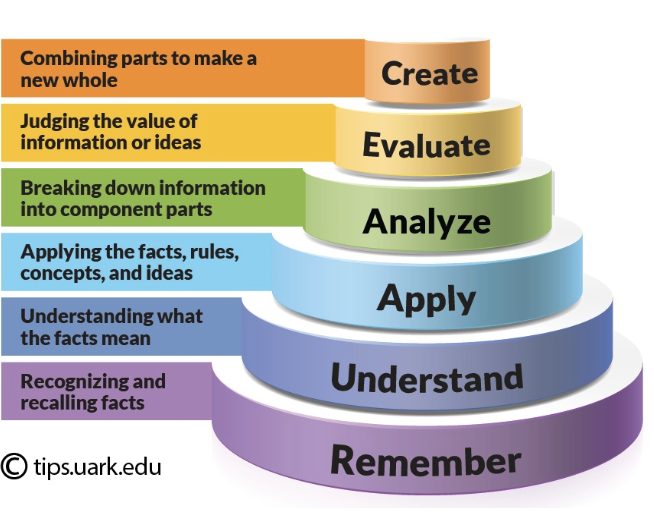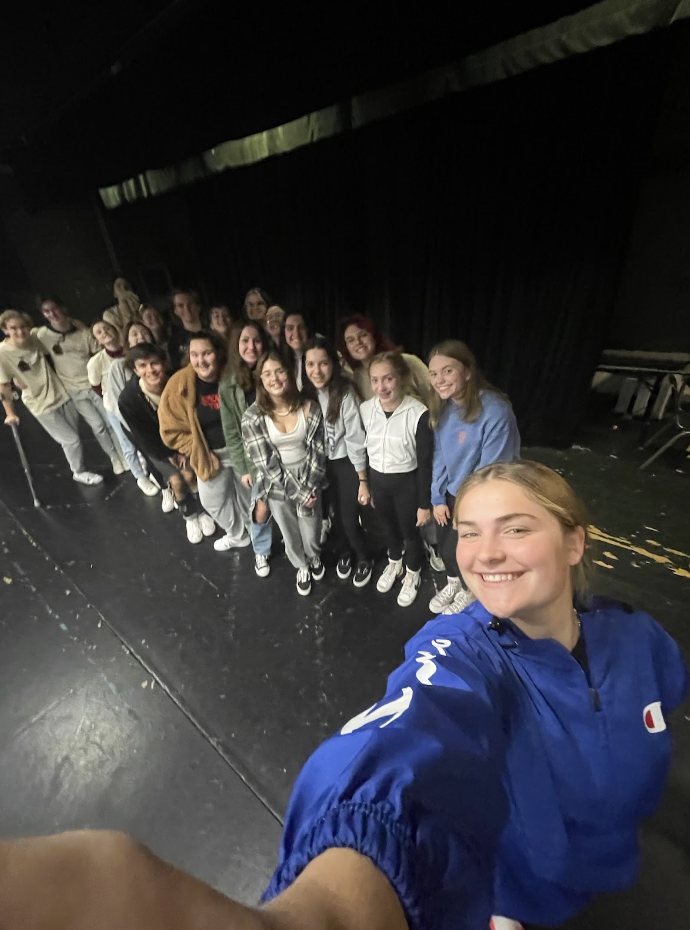The Extra Scoop on Extra Credit
Picture from Pexels
Aashi Iyengar
Extra credit has been a staple in many teachers’ curriculum. When used properly, it can help students have a greater understanding of the course material they are learning. However, wrongly used extra credit can lead to inaccurate measures of curricular understanding.
When extra credit is used correctly, the main purpose is to further students’ understanding of the material they are learning in their classes. It is also meant to help students’ grades reflect this deeper understanding. However, when used incorrectly, the learning factor of extra credit is often overlooked, while students become hyper-fixated on their grades. This, in turn, leads to the improper use of extra credit: the use of extra credit as a grade booster for no educational purpose. Examples of this include getting extra credit for not using the bathroom pass or for having all students present on test days.
These are some of the thoughts and reasoning that went into the administrative team’s decision to remove extra credit from Hamilton High School and Templeton Middle School’s classes this year. When asked about the rationale behind this impactful decision, Mrs. Newcomer, Hamilton High School’s Principal, stated that extra credit simply doesn’t test students on the standard that they missed. She agreed that students should still have the opportunity to fix mistakes that they made on previous assignments, encouraging revision and correction opportunities. Allowing points back for these revisions, however, are subject to the teacher’s discretion. Essentially, the premise of no extra credit is: Why should extra points be given for something completely unrelated to the curriculum?
While I agree that extra points should not be given for something unrelated to the curriculum, not all extra credit has no connection to classes. In years past, students could have additionally earned extra credit in many ways relating to their class’s course curriculum. There are so many instances where I have had an extra project or analysis assignment to help boost my score. By relating extra credit to their curriculum, teachers provide students with the opportunity to take their learning to the next level and go into more depth. For example, students had the opportunity to see a play or go to a historical site and then do a write-up about it for their classes. By providing students with the opportunity to go the extra mile, teachers help them further their understanding and learn the material in more depth.
I’m sure many teachers within our building have also provided students with the opportunity to earn extra credit through a bonus question on a quiz or a test. However, this is also a practice that has been discontinued at Hamilton as a form of extra credit. When asked about this form of extra credit, Mrs. Newcomer referred to Bloom’s taxonomy. “When we start looking at rubrics, it’s the pyramid turned this way (sideways), so then we get to this really advanced learning. If somebody’s answering a question that is the expected level of grade level response, that would be a three on a rubric, and that advanced learning, that really deep synthesis, is a four. And so, again, it shouldn’t be extra credit, it should be, actually, the A level work versus the B level work, if we’re putting it on a grading scale.” Because of this, Newcomer explained, “...there’s really still no reason for extra credit. If it’s important for one student to learn, it’s important for all students to learn and important for all students to be challenged at that level.” This reasoning has led to the discontinuation of the practice of extra credit in the upper schools of the Hamilton School District.
Pyramid Representation of Bloom’s Taxonomy
If this extra credit is so helpful, why not make it part of the curriculum itself? Why not make it mandatory for every student to do? Here’s why: Doing this takes away the feeling of pride when you have gone above and beyond. Motivation is a key factor in the appeal of extra credit. I can speak to this from personal experience. There have been many instances where I have been provided with extra credit opportunities that I would have put in significantly less effort had they been graded assignments. Students and teachers don’t want to add more assignments to compensate for the loss of unique extra credit opportunities. This takes away student voice and choice and simply adds more work to teachers with additional assignments to grade.
Here’s another example: writing for Charger Press. In the past, this has been offered as an opportunity to receive extra credit in Mrs. Kowalske’s AP Language and Composition class. It has brought many students the opportunity to enhance their writing skills by working with Mrs. Kowalske to write a researched, publishable article for the school newspaper. As these students are in a course where the AP test has a huge focus on essay writing and passage analysis, writing for Charger Press can help improve skills that would improve their score on this test. This opportunity provides students with the opportunity to research topics that interest them, write about their opinions, share their experiences, and improve their writing skills. This type of extra credit is skill-based and directly tied to the course standards.
However, if writing for Charger Press were mandatory, it would not be a great experience for some students. Some might not have any idea or topic that they feel they can passionately write an article about, or article writing just isn't something they want to try, or this that and the third. Some students might be uncomfortable having their viewpoints published in an online paper. Journalism specifically isn't mandatory to the AP Language and Composition curriculum, so following this recent administrative decision, Charger Press can no longer be an extra credit activity at all. Taking away that opportunity this year takes away motivation for students to potentially push themselves out of their comfort zones a bit and get extra practice for an AP class in the process.
However, there is something that both perspectives seem to agree with: fluff extra credit is pointless. When I say fluff, I am referring to extra credit such as bringing in expo markers or tissues for extra points. This is in no way shape or form related to any course curriculum. How is bringing in extra materials worth a grade boost in something completely unrelated? Earlier, I established that the main purpose of extra credit is to further students’ knowledge of the course they are in. There is no possible way that buying and bringing in a box of tissues improves a student’s knowledge in a class. “A grade should reflect what a student knows and is able to do in the area of chemistry, for instance, if that’s the class. Bringing in kleenex has nothing to do with whether or not you can balance a formula,” Newcomer states. “It gives a false impression of what your capability is in a class. [It] gives false feedback to the student, to the college, to the parent, anyone.”
In addition to this, not everyone has equal ability to buy these extra items. When asked about this topic, Mrs. Newcomer stated, “Maybe there are kids who can’t afford to buy expo markers and can’t afford to buy kleenex box[es] because they are doing everything they can just to put food in their mouth at the end of the day. And so, to ask people to …spend the money that you were going to spend grocery shopping so that you can get 10 extra credit points and raise your grade that has nothing to do with whether you learned the material or not is completely inappropriate and it’s not anything that I want happening in the school.” Her statement encompasses my view completely. In my eyes, this is a minuscule, yet accurate example of “buying your grade.” This is not a message we should be showing is acceptable at Hamilton.
Ultimately, the usage of extra credit determines whether or not it is a beneficial tool in education. Of course, there are instances where extra credit is used in a way that is not helpful to furthering the understanding of students. Do those instances make it just to take away all beneficial extra credit opportunities from students?




